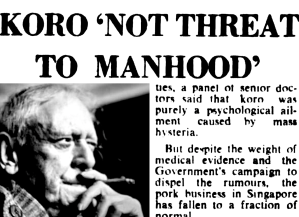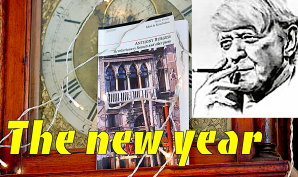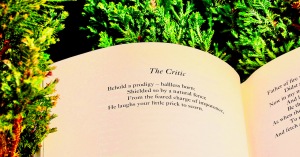‘A brown mare, she rode me’
Snow is a tale included in the collection The Devil’s Mode (1989). It is Anthony Burgess’s answer to W. Somerset Maugham’s 1921 story Rain.
One theme of Snow is the expatriate European’s longing, in the depths of the hot season in the East, for the snowy north, for the northern European winter of the festive season. It descends into soft pornography: the Burgess-like protagonist enjoys his share of exotic rutting, and does not — fantastically — appear to have to pay for it, either in a pecuniary or in any other way. The tale won the 1958 Bad Sex Prize (Southeast Asian division).
The character Rosemary Dunning is described thus by the elderly, salivating writer. (‘An old man’s lust’, as Burgess put it. He was in his seventies when The Devil’s Mode was published, though the story was composed in Kota Bharu, when he had not long turned forty.)
Her name will give the reader an impression of pink and white Englishry, but Rosemary was very black, a Christian half-Tamil in whom the Dravidian colouring had long swamped the white of the surname. She was a girl of twenty-five, of extreme beauty, the features totally Aryan, the naked body superb. It was while she was riding me that Maimunah came into the bedroom with her armful of laundered linen. Fool, I had failed to lock the door. Maimunah saw the tuan as succubus to a shining naked black body, looked both shocked and fascinated, said ‘Minta ma’af’* and hurriedly left.
Maimunah cannot resist the sexually very potent tuan. The Burgess-like protagonist explains, blending erotica with linguistics and a knowledge of tropical agriculture and industries, that later,
I lay in bed with a naked Malay girl not more than eighteen with, on my engorged phallus, a product of Malayan latex for which the Malay language had no name save for the periphrastic pekakas untok tidak buat anak†. She had learnt one lesson from the black Rosemary and, a brown mare, she rode me.
* ‘Sorry.’
† ‘Contrivance for not having children.’


















